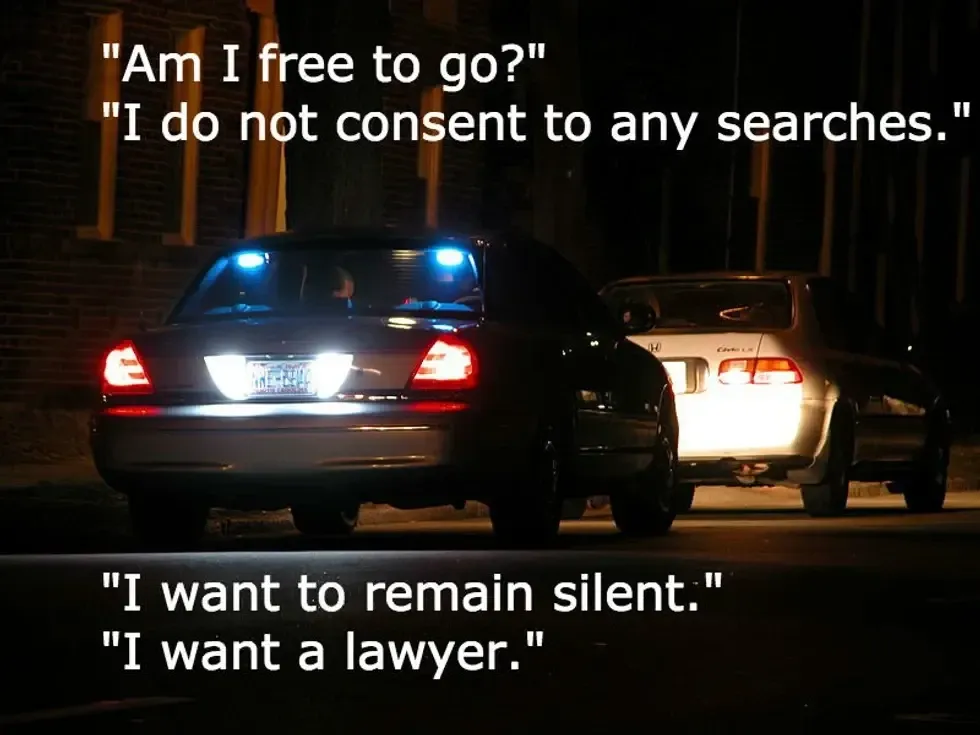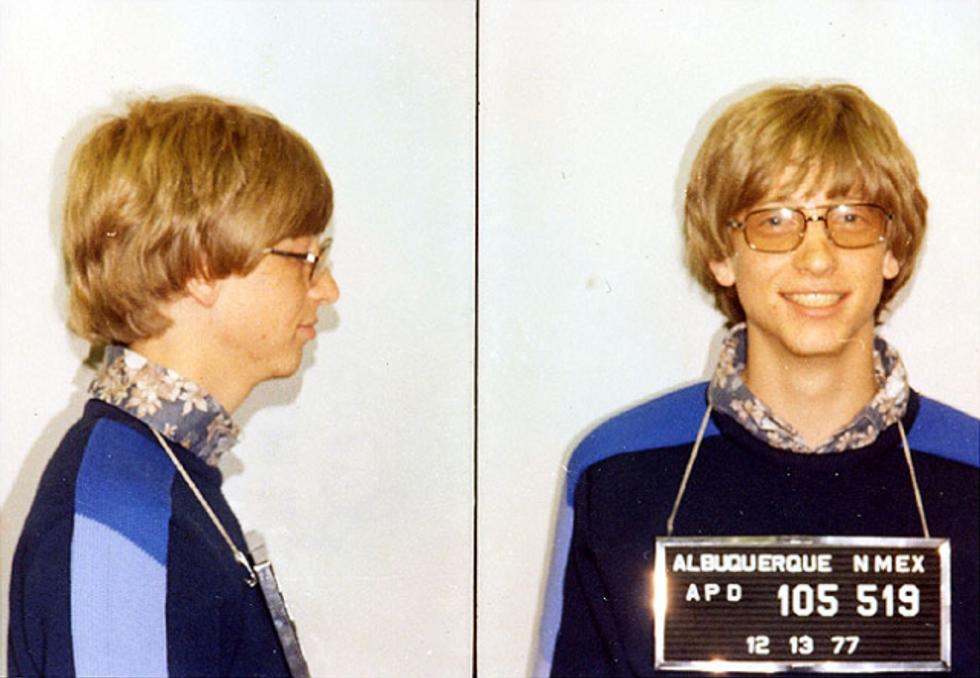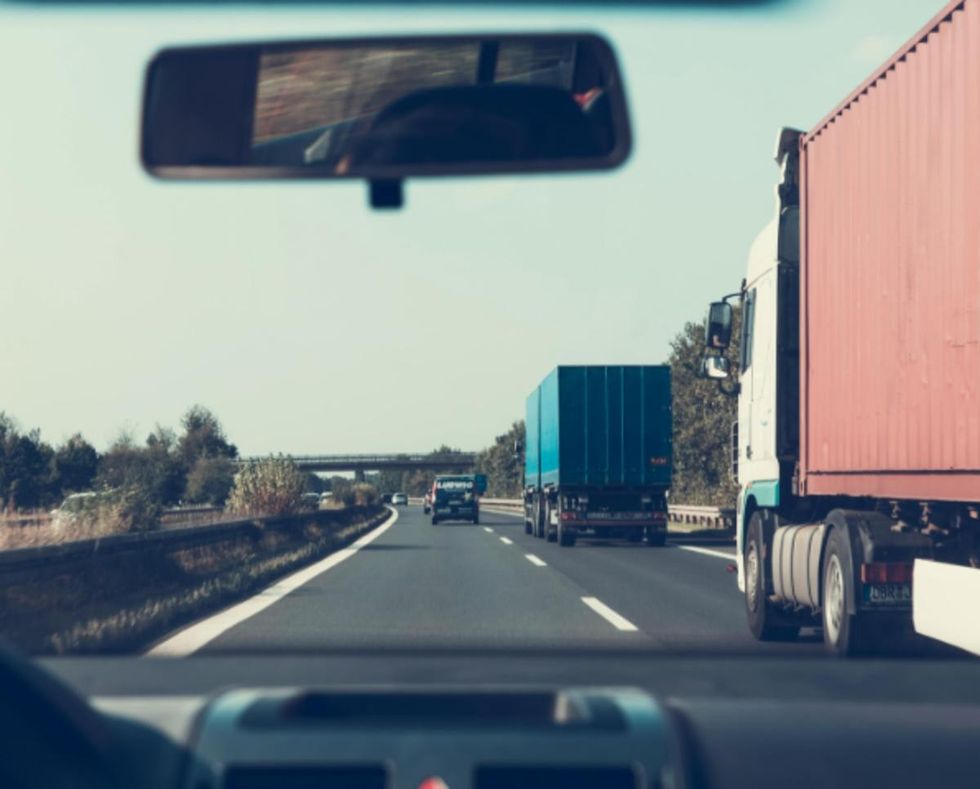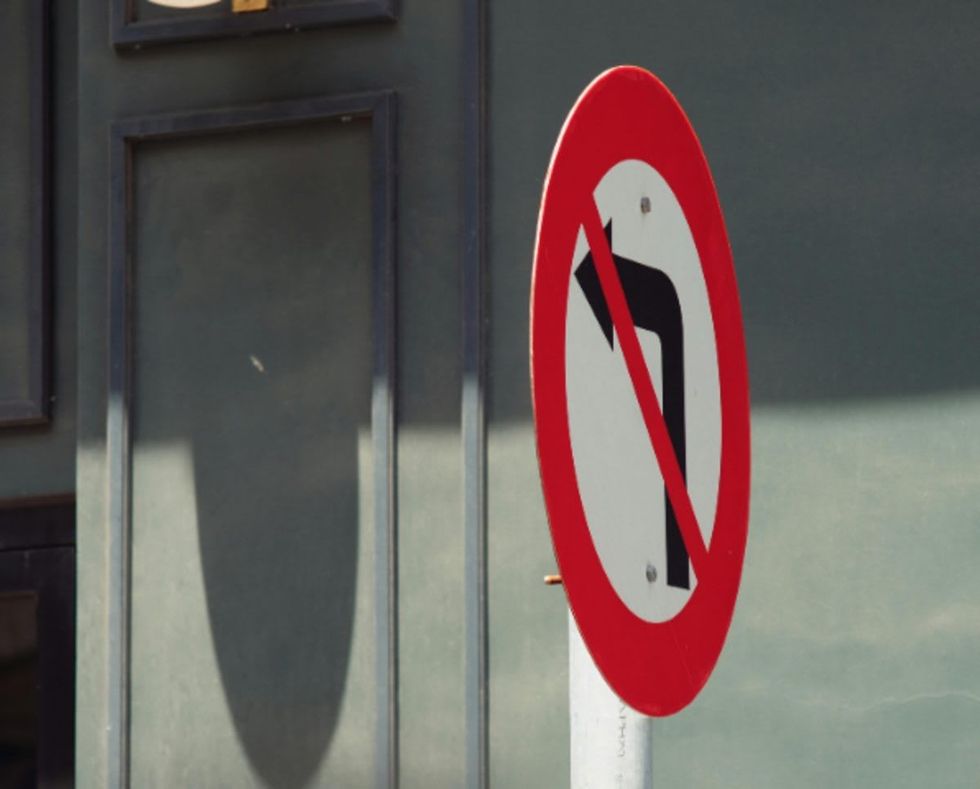Ever since a supermarket rolled out its self-checkout machines in the 80s, the technology has revolutionized the consumer experience. In 2023 alone, more than 217,000 self-service terminals were delivered globally, with the highest demand coming from the United States, as per a report by Grocery Dive. Global installation of self-checkout machines is estimated to reach 2 million by 2029. However, despite the convenience that it brings to the counter, the technology seems to have certain loopholes that leave room for shoplifting, among other things. In a video uploaded on TikTok, a legal expert and criminal defense lawyer, Carrie Jernigan (@carriejernigan), advises people to avoid self-checkout registers in stores.

The idea for this video originated from one of her previous TikTok videos in which she described three things that she would never do as a lawyer. Of all the things she mentioned, people seemed most interested in learning about “self-checkout,” prompting her to post a follow-up video. “As a criminal defense attorney, I advise most people to steer clear of self-checkout,” she says in the video and goes on to describe three kinds of people who are charged with shoplifting using self-checkouts at a store. The first are those who go to the store with the intent to steal. About them, Carrie says, ”Though sophisticated thieves still get away with this, weight sensors and cameras have made stealing more difficult.”

About the second group described as the “theft-by-mistake” group, she says, “These are the people that I genuinely think just forgot to scan an item,” before listing an example of someone accidentally leaving something at the bottom of a shopping cart. Despite the potentially innocent mistake, these people do frequently face charges, “because the big-box stores aren’t going to spend their time and resources trying to figure out if you did it on purpose,” Carrie adds.

The third are people she tags as the “truly innocent,” most of whom according to Carrie, “are not getting charged day off.” But the problem emerges when someone from the asset protection department of a store starts counting inventory, perhaps days, weeks, or months later, and comes up short. “So they will begin watching hours of video to see the last person who checked out with the Mario Lego set because there’s two short or an Xbox game. And, for some reason, they pinpoint that they think you did it,” she explains. She adds that megaretailers like Walmart usually have to present very little evidence to get an affidavit for warrants on the charges. “The charges that could land you up to a year in jail,” she warns her followers. “You have to spend thousands of dollars hiring a lawyer and we have to go through grainy video footage to try to determine what all you bought that day.”

Instead of using self-checkout, Carrie advises people to pay with a card for larger purchases and to always keep proof of purchase. Thousands of people found the video informative and said in comments that they’d avoid the self-checkout option after watching it. “Wow! I will never use self-checkout again. thank you for this,” commented @beads04.
Others expressed confusion and uncertainty, saying that most Walmart stories provide only the self-checkout option. “Our local Walmarts are going to nearly all self-checkout. And often the few manned registers are closed,” said @witchymermaid1986. Recalling an experience with using self-checkout and getting charged with shoplifting, @beckoreily wrote, “My mom accidentally left a tiny $3 lemon oil in her cart after buying $300 in groceries. She was charged with theft and had to do community service.” Amid this Catch-22 scenario, @gamecockryan110 suggested, “Stores shouldn't be so cheap to have self-checkout. I always refuse to use it and make them ring me up.”

Despite the many flaws in self-checkout, the tech is here to stay since companies like Walmart, Kroger, Dollar Store, and even Amazon have already embraced the concept, according to CNN. But there are also companies like Uniqlo, a Japanese clothing brand, that has upgraded its technology to make the self-service experience less frustrating for its customers. Using radio frequency identification chips (RFID), the company has made it possible for customers to skip the hassle of kiosks, handheld scanners, and smart carts. They just need to deposit all their clothes in a basket, where all the barcodes will automatically be scanned and billed by the machine.
@carriejernigan1 Reply to @afamily20202 I have no idea why it cut off
You can follow Carrie Jernigan (@carriejernigan) on TikTok for legal advice and tips about day-to-day things.

















 Image by Ildar Sajdejev via GNU Free License | Know your rights.
Image by Ildar Sajdejev via GNU Free License | Know your rights.


 Bill Gates Swag GIF
Bill Gates Swag GIF File:Bill Gates mugshot.png - Wikipedia
File:Bill Gates mugshot.png - Wikipedia
 Representative Image Source: Pexels| Enzo Varsi
Representative Image Source: Pexels| Enzo Varsi Representative Image Source: Pexels| Markus Spiske
Representative Image Source: Pexels| Markus Spiske Representative Image Source: Pexels| Nguyen Huy
Representative Image Source: Pexels| Nguyen Huy Representative Image Source: Pexels| Ana Benet
Representative Image Source: Pexels| Ana Benet
 Representative Image Source: Pexels | Anastasia Shuraeva
Representative Image Source: Pexels | Anastasia Shuraeva Representative Image Source: Pexels | Liza Summer
Representative Image Source: Pexels | Liza Summer Representative Image Source: Pexels | Yankrukov
Representative Image Source: Pexels | Yankrukov Representative Image Source: Pexels | Shkrabaanthony
Representative Image Source: Pexels | Shkrabaanthony Image Source: TikTok |
Image Source: TikTok |  Image Source: TikTok |
Image Source: TikTok | 
 Woman standing in tree pose on edge of infinity pool (Representative Image Source: Getty Images | PhotoAlto/Sigrid Olsson)
Woman standing in tree pose on edge of infinity pool (Representative Image Source: Getty Images | PhotoAlto/Sigrid Olsson) Five adults practicing yoga, standing on one leg (Representative Image Source: Getty Images | Thomas Northcut)
Five adults practicing yoga, standing on one leg (Representative Image Source: Getty Images | Thomas Northcut) Elderly couple doing calf stretches in a park (Representative Image Source: Getty Images | RGStudio)
Elderly couple doing calf stretches in a park (Representative Image Source: Getty Images | RGStudio)
 Representative Image Source: Pexels | Rene Terp
Representative Image Source: Pexels | Rene Terp Image Source: Instagram |
Image Source: Instagram |  Image Source: Instagram |
Image Source: Instagram |  Image Source: Instagram |
Image Source: Instagram |  Image Source: Instagram |
Image Source: Instagram |